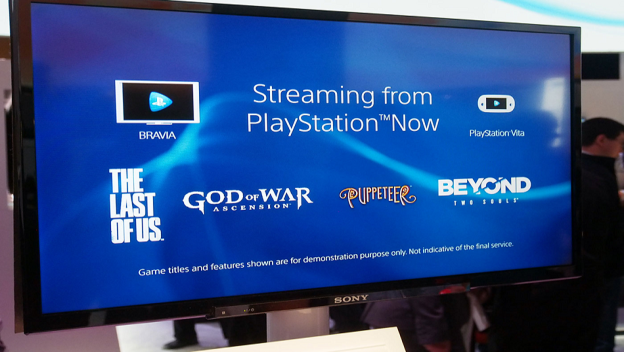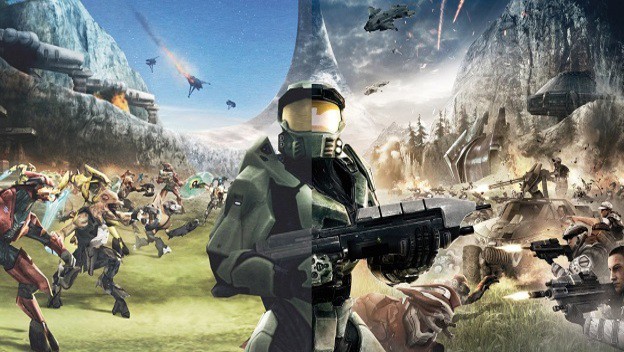I’m wondering if this once coveted notion is now just an afterthought.
Backwards compatibility is nothing new to the gaming world. Atari actually had a similar feature with their consoles back in the day, even though the concept only gained mainstream notoriety with last generation’s Xbox 360 and PlayStation 3. While many quickly forgot about their old Xbox and PlayStation games after the then next-gen libraries grew to staggering heights, I can still remember this generating huge buzz during the launches of those two systems. The idea that you didn’t have to give up on your old game collection, but could instead bring it with you as you migrated to your new system, was a god-send to many gamers.
Unfortunately, the march of technology has resulted in a step backwards in regards to this idea.
While many were impressed with the laundry list of new features and innovations in store for what the next chapter of the console war would bring to gamers, some were surprised to learn that both companies were essentially abandoning this support. Others, not so much. After all, both Microsoft and Sony (who started out with intentions to fully support their previous libraries where possible) simply lost steam and sputtered out. Later revisions of both the Xbox 360 and PlayStation 3 consoles would feature slimmer, more compact designs. While providing a sleeker look (and a smaller price tag in some cases), you simply can’t bring changes like that to the market without cutting something. Thus, the boards were redesigned with efficiency in mind and sans backwards compatibility. So when both the Xbox One and PS4 were announced, most saw the writing on the wall that (if last-generation was any indication), hardware based emulation of previous libraries simply wasn’t going to be in the cards anymore.
Thankfully, two recent developments may change all that, and see its return in full force.
The first comes via the nuts and bolts side of the Xbox One. We’ve heard from the likes of Phil Spencer and others in the brain trust of the corporate structure, but Frank Savage (one of the leads in development) recently gave insight into their plans to resurrect next-gen backwards compatibility. While confirming plans are indeed in the works, Savage revealed they’re “…not done thinking them through yet, unfortunately. It turns out to be hard to emulate the PowerPC stuff on the X86 stuff. So there’s nothing to announce, but I would love to see it myself.” Not much in the way of news, but at least a strong sign that the idea is not a lost cause (and is still on their radar).
However, the second (and possibly most impactful) indication that dumping our former collections will soon be a thing of the past, is Sony’s ace in the hole. Of course I’m talking about PlayStation Now. In what could be like catching lightning in a bottle for the PS4 (and possibly moving the next-gen race firmly out of reach of their competitors), this new streaming service seems promising. By utilizing the cloud, the company hopes to revolutionize how you access your games library. Making available virtually every title from their 20+ years of PlayStation, Sony’s venture looks to change the face of the industry forever. History may show it was the catalyst that finally pushed us towards a fully digital delivery system (ultimately moving us away from physical media all together).

I’m not suggesting this change will happen overnight. I do, however, think it’s important to bookmark certain key events and attempt to measure their impact on our industry moving forward. Microsoft has already stated that if they can’t get the actual hardware emulation working, cloud streaming is the next logical step. I say why bother? Success in the industry is all about staying ahead of the curve. If digital is truly the path we’re already on, why not center your infrastructure on this new trend right now? Sony certainly has.
The good news is we’re swiftly approaching a time when you will no longer have to choose between next-gen and last-gen. Having access to everything (both past and present) right at your fingertips is an exciting future I’m looking forward to.
